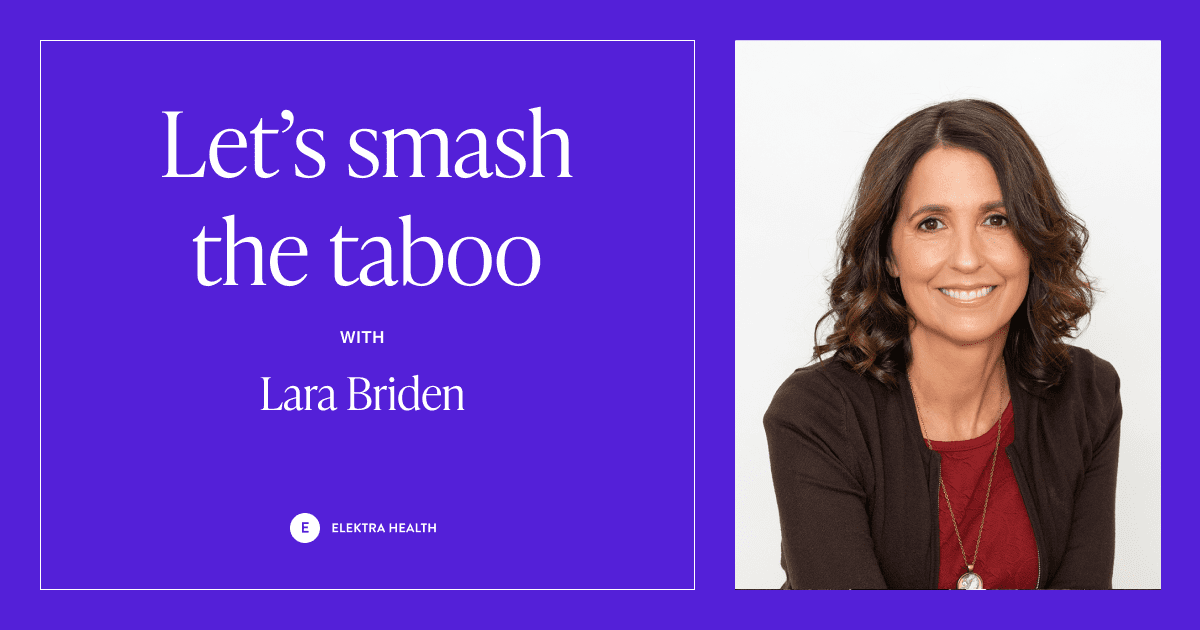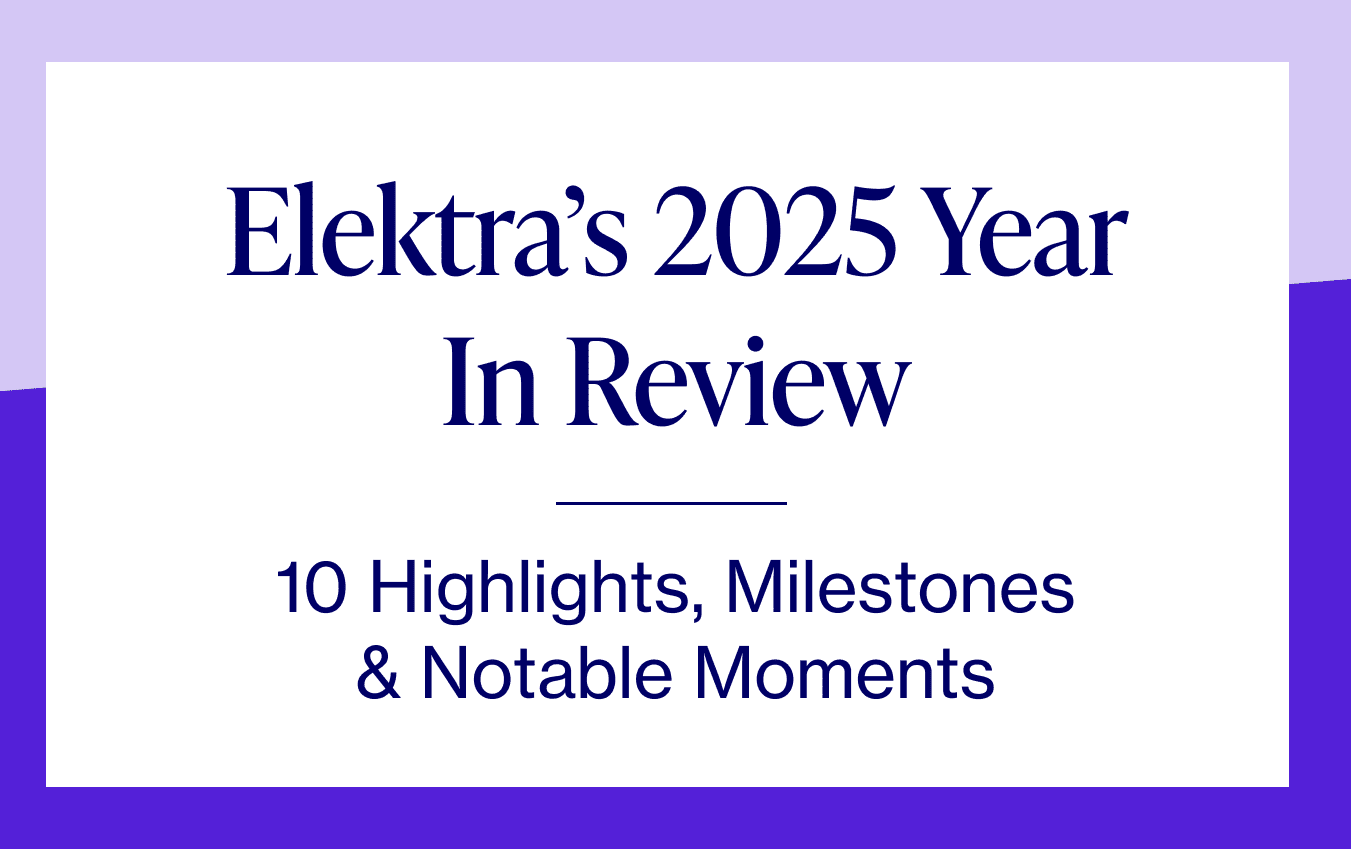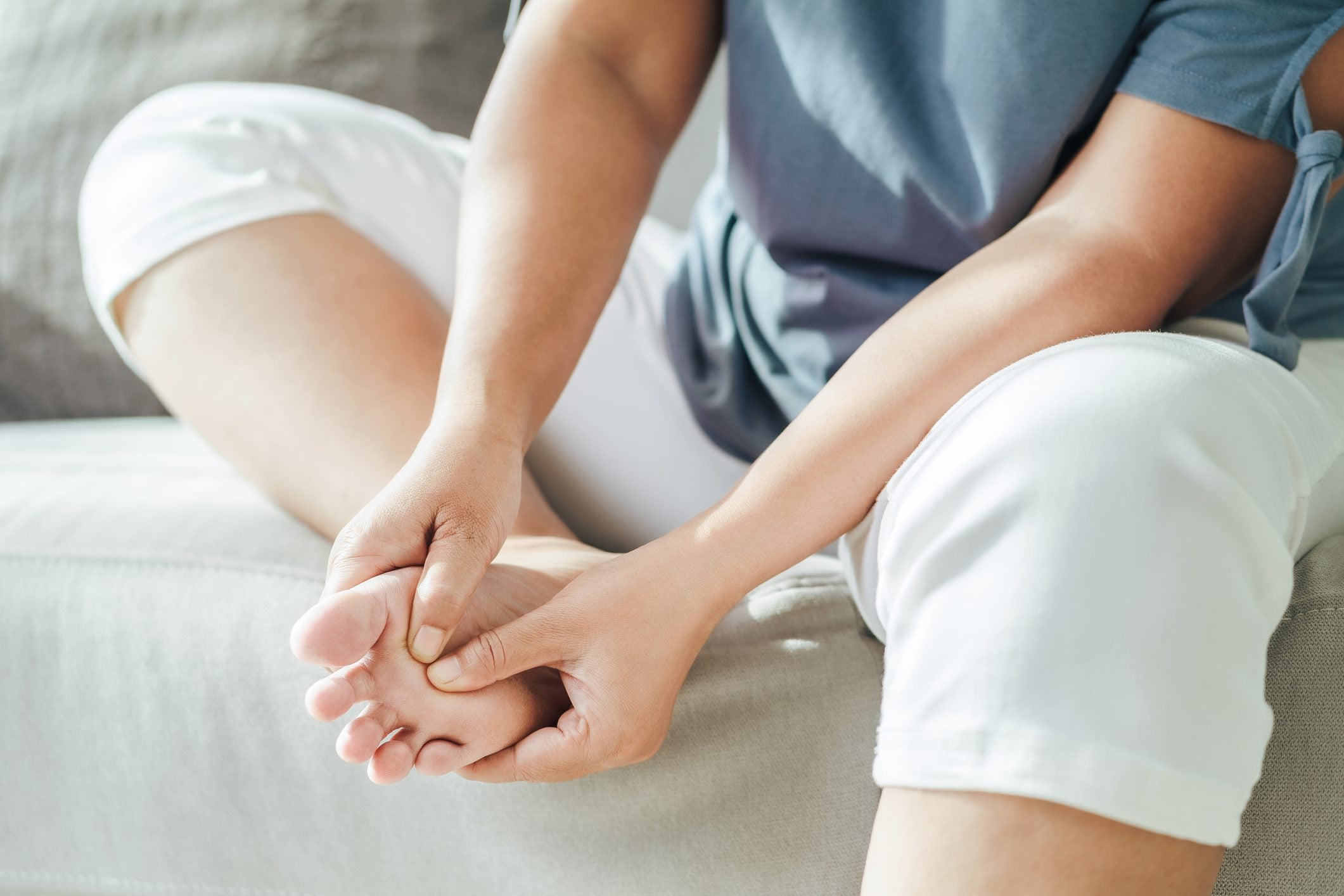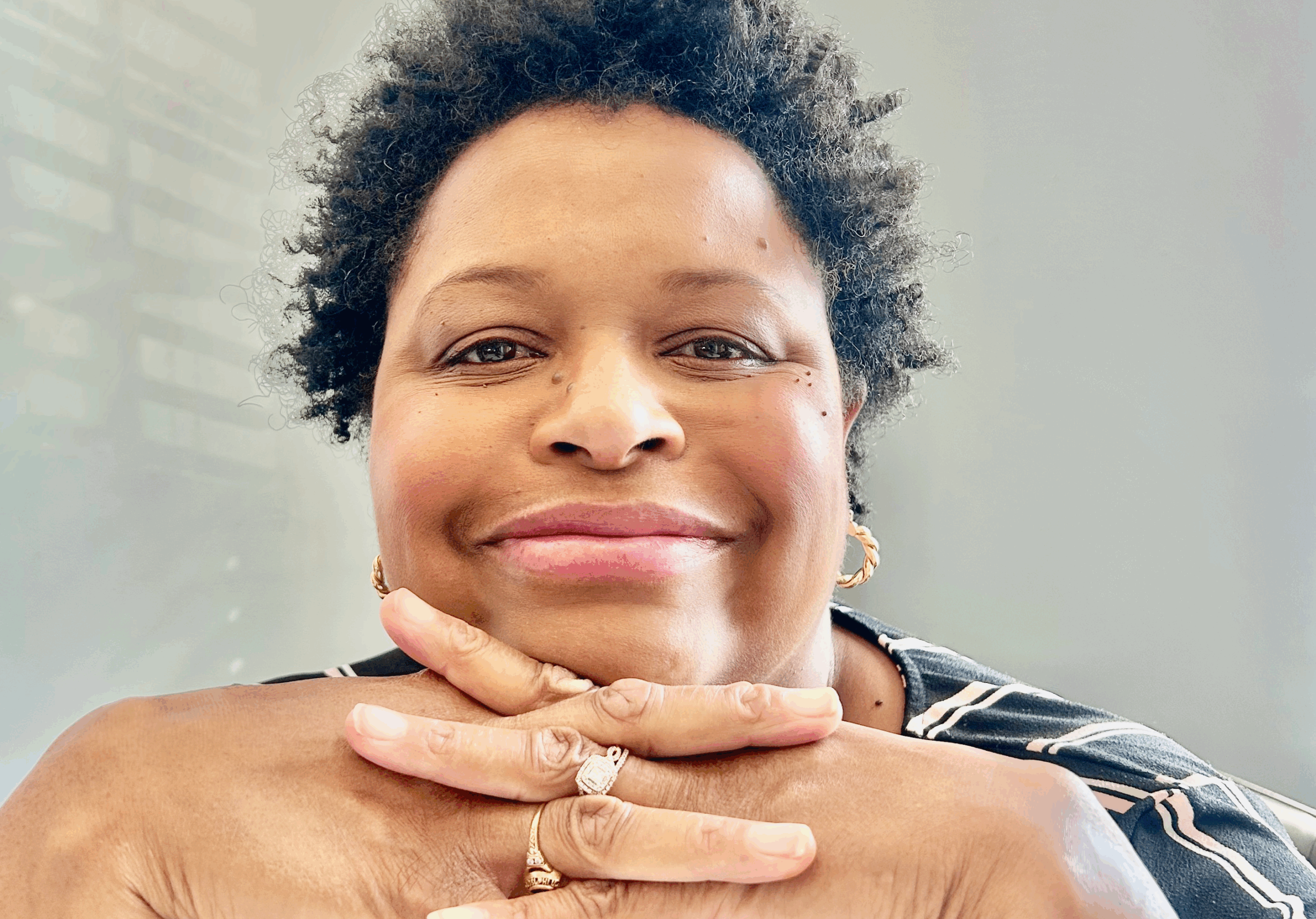
Published on Jan 19, 2022
Last modified on Jan 19, 2022
#TabooSmasher Spotlight: Lara Briden, naturopathic doctor and author
4 min read

Lara Briden is a naturopathic doctor with 25 years of experience in women’s health. She currently sees patients in Christchurch, New Zealand and is the author of the bestselling books, Period Repair Manual: Natural Treatment for Better Hormones and Better Periods and Hormone Repair Manual: Every Woman’s Guide to Healthy Hormones After 40.
We know menopause can be challenging, but it can also be funny, enlightening, liberating, energizing, and more. Do you have an anecdote or reflection that shows another side of menopause, beyond what we’re conditioned to “fear” as women?
As I discuss in Hormone Repair Manual, I have been personally enchanted by what I can only describe as a “return to girlhood.” It’s a reconnection with my nine-year-old authentic self and all that entails, including the desire to shirk duties and spend more time outside. To quote Emily Bront«, “I wish I were a girl again, half savage and hardy, and free.” Menopause is a chance to be that girl again.
Menopause can be seen as a rite of passage and a common connector of the female experience. What wisdom or advice would you like to share with other women who are entering, or about to enter, menopause?
One of the most important things to understand is that most evidence now suggests that menopause is a result of evolution and not just an accident of living for too long. While it’s true that human life expectancy has dramatically increased in the past century, human lifespan has not changed much at all.
More people used to die young from infection, injury, or, in the case of women, childbirth. So, life expectancy or average age of death used to be lower. But for those individuals lucky enough to survive those hazards, they were likely to live to age 70 or 80, just like we do today.
In fact, according to the grandmother hypothesis, humans may have a longer lifespan precisely because older, post-reproductive women could improve the chances of survival for their descendants. In other words, humans may have evolved to have a longer lifespan because of menopause.
Despite the fact that I’m not a grandmother myself, once I read that research, I personally felt very empowered. I take comfort from the knowledge that I descend from a long line of grandmothers who have been highly useful to their communities.
I derive meaning from the knowledge that the physiological changes I’m undergoing with menopause are probably the expression of generations of successful adaptation. Furthermore, knowing that menopause evolved means that the post-reproductive state of menopause is inherently healthy and not a disease state.
If you had to choose, what would be your top 5 recommendations for your menopausal patients?
- Take Magnesium supplements.
- Quit alcohol.
- Spend more time outside.
- Say “no” to more things.
- Consider taking hormone therapy.
What’s the most common question you hear from patients going through menopause?
“How long are these symptoms going to last?” The answer is about seven years, but there are lots of ways to feel better.
What research do you find particularly exciting and you wished more women knew about?
The safety and effectiveness of oral micronized progesterone (natural progesterone) for perimenopausal moods, migraines, and night sweats.
What’s one word or phrase you’d use to describe menopause, and why?
“Second puberty” or “puberty in reverse” because that’s what perimenopause is. It’s not actually about aging, but is instead a sequence of hormonal events and changes that move us from the high hormones of our reproductive years to the low (but still normal) hormones of our post-reproductive years.


